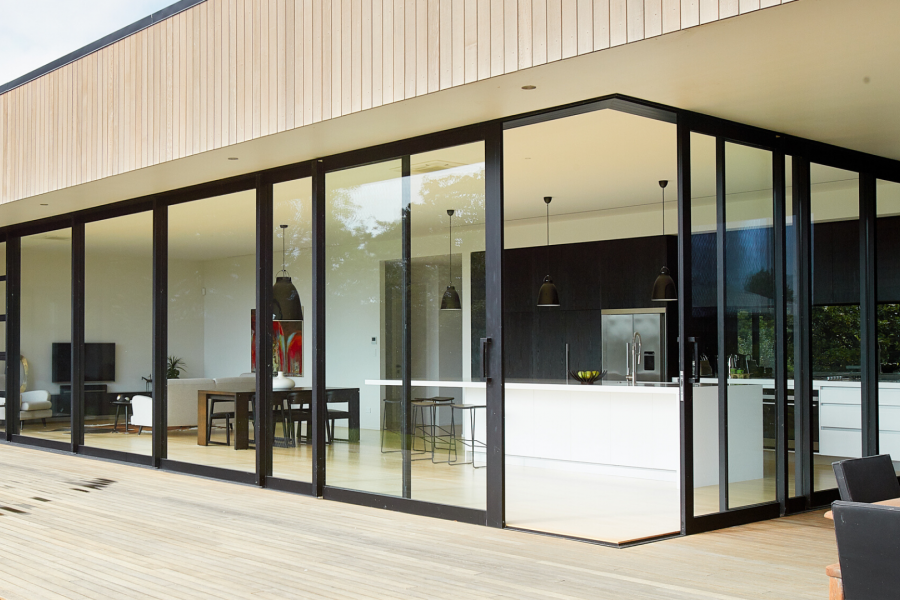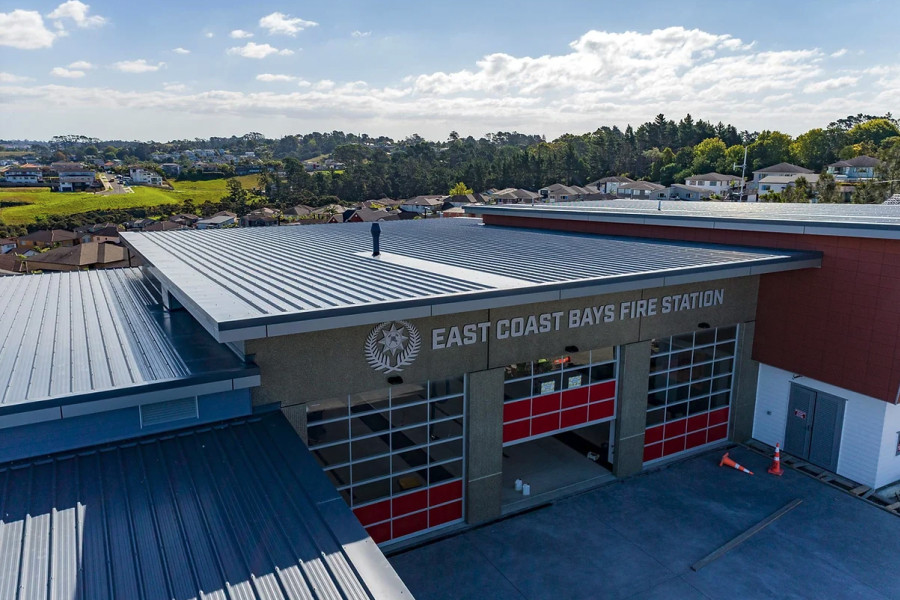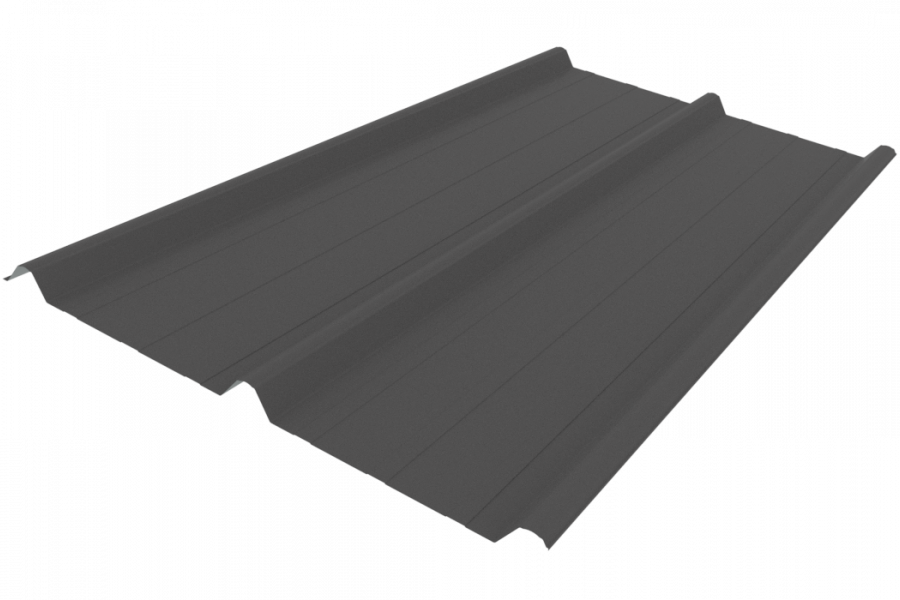While house affordability and the cost of living continue to dominate the national conversation, construction costs for new homes are set to continue to rise for the foreseeable future.
It is going to be very difficult for a builder to give a fixed quote for a renovation or new build. Following a 34% increase in the price of building materials in the last 12 months, suppliers are estimating a further 11% increase over the next 6 months, according to the latest research from EBOSS. Structural products (steel and structural timber) and Interior products had the largest increases in the price of materials, both at 35% over the last 12 months.
“I would encourage homeowners to consider their build budgets very carefully,” says Matthew Duder, Managing Director, EBOSS. “Traditional contingencies of 5-15% seem thin when we consider the cumulative impact of all the increases we are seeing across the board combined with the potential for delivery delays.”
The latest EBOSS Construction Supply Chain Update highlights that while pressures impacting the market appear to be stabilising, the building supply chain hasn’t so much recovered as settled into a new normal with freight issues remaining and material cost increases set to continue. 90% of suppliers rely on either imported finished products or imported components unable to be sourced locally.
The update, released today, surveyed 200 suppliers across major product categories for residential and commercial construction on freight challenges, price impacts, lead times and Omicron-preparedness.
The survey was conducted in February by EBOSS, which works with leading building product suppliers to assist in material selection by architects and builders. The aim of the survey, which is part of a quarterly research series, was to provide an update on the current and future state of the building product supply chain and help developers, architects and builders to better plan ahead.
The EBOSS Construction Supply Chain 2022 Q1 Update Key Findings:
Logistics and lead times:
- 78% of suppliers are still having issues supplying the market.
- 80% of suppliers state that they are experiencing freight issues.
Product cost increases:
- Over the last 12 months the price of building products sold in NZ have increased 34% on average.
- In comparison, the cost of materials to suppliers has increased 37% over the past 12 months (buy-in cost), showing a 3% hit on margin to suppliers in general.
- Suppliers predict that on average building products in NZ will increase 11% in the next 6 months.
- Cost of materials are also predicted to increase 11% over the same period.
- 93% of suppliers state that an increase in freight costs is creating inflationary pressure on their business.
- 51% say that increases in the cost of materials are creating the biggest inflationary pressure on their business.
Omicron preparedness:
- 90% of large businesses (101+ employees) tell us they have done a fair bit of planning for Omicron, compared to only half of small businesses with 20 or fewer employees.
- 33% of suppliers who have done little or no planning for Omicron say their business could not cope easily with an outbreak.
The Q1 Update from EBOSS puts a spotlight on cost pressures within the supply chain. Earlier in 2021, suppliers appeared reluctant to pass on the full cost of increases, but we are seeing this changing. In the 2022 Q1 survey, there is a narrowing of the gap between buy-in cost and sell price, with predictions suggesting sell prices will increase at the same rate as buy-in costs over the coming 6 months. However, it wouldn’t be surprising to see these price increases continue for longer as suppliers play catch up on 2021’s cost increases.
Delays and issues with worldwide shipping continue, but seem to have reduced over the last quarter. While data was collected prior to the invasion of Ukraine, there is now also new uncertainty around the manufacture and availability of certain building products with 31% of suppliers sourcing products from European ports.
Lead times seem to have stabilised at an average of 8 - 11 weeks, depending on category, however, there are still a number of outlying products with lead times of over 24 weeks. Local manufacturing also appears to have many categories unable to meet standard deadlines due to record levels of work and increased ordering in advance to ensure product is available to meet the build programme.
The Q1 report looks at how suppliers have prepared for the Omicron outbreak. While at least three-quarters of suppliers say they have done a fair amount of planning, smaller companies are less prepared, with only half having done significant planning at the time of the survey. The most popular measures have involved splitting teams, enabling staff to work from home where possible and splitting shifts — all measures that may lead to a decrease in production and an increase in lead times.
When asked what support they would like to see to help ease supply issues, two key areas came up: staffing and shipping. Suppliers want reduced isolation requirements and an easing of border restrictions to allow more foreign workers in, and would like to see issues around shipping costs and port inefficiencies to be resolved.
Ultimately, the report paints a picture of an industry that is adjusting to a new normal of continued freight delays, cost increases and staffing pressures, all of which have a flow-on effect on pricing and supply.










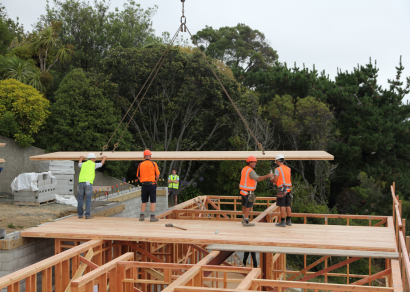


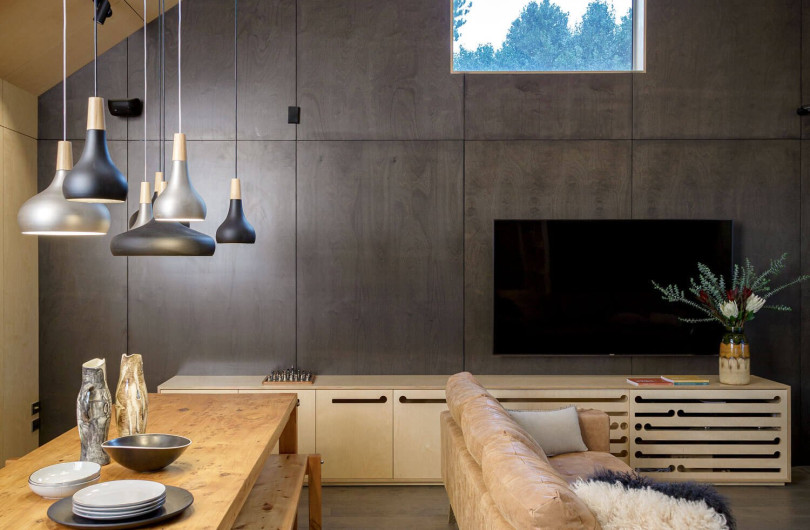
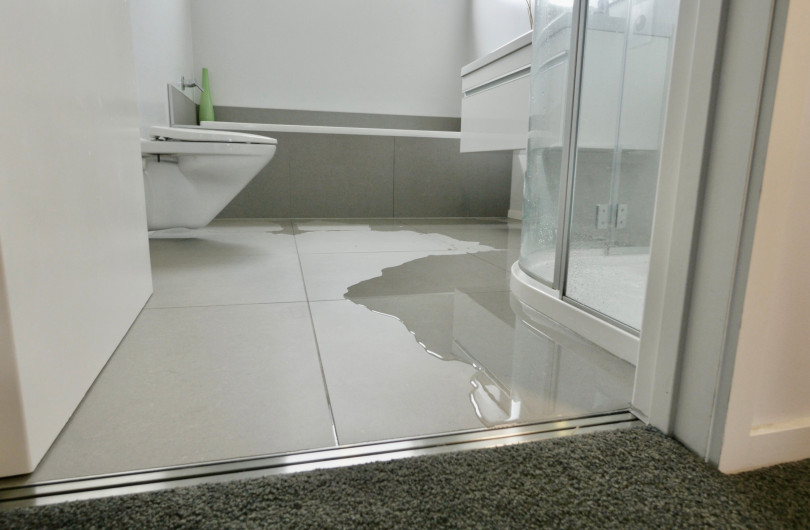


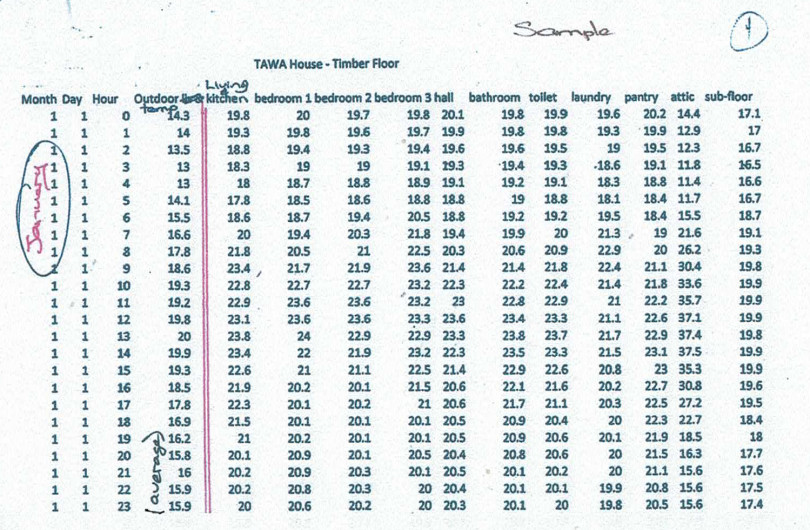






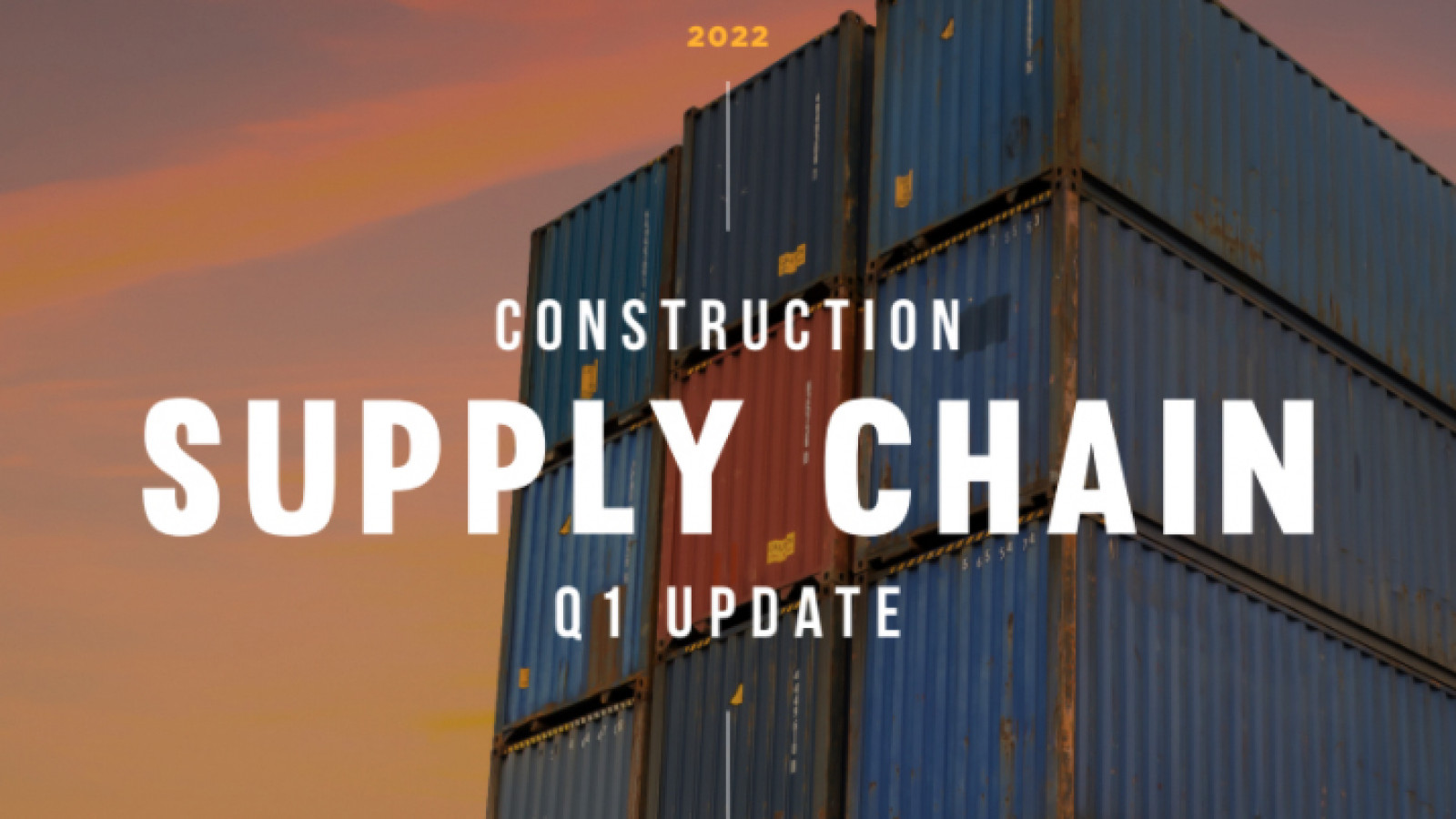



 Most Popular
Most Popular Popular Products
Popular Products